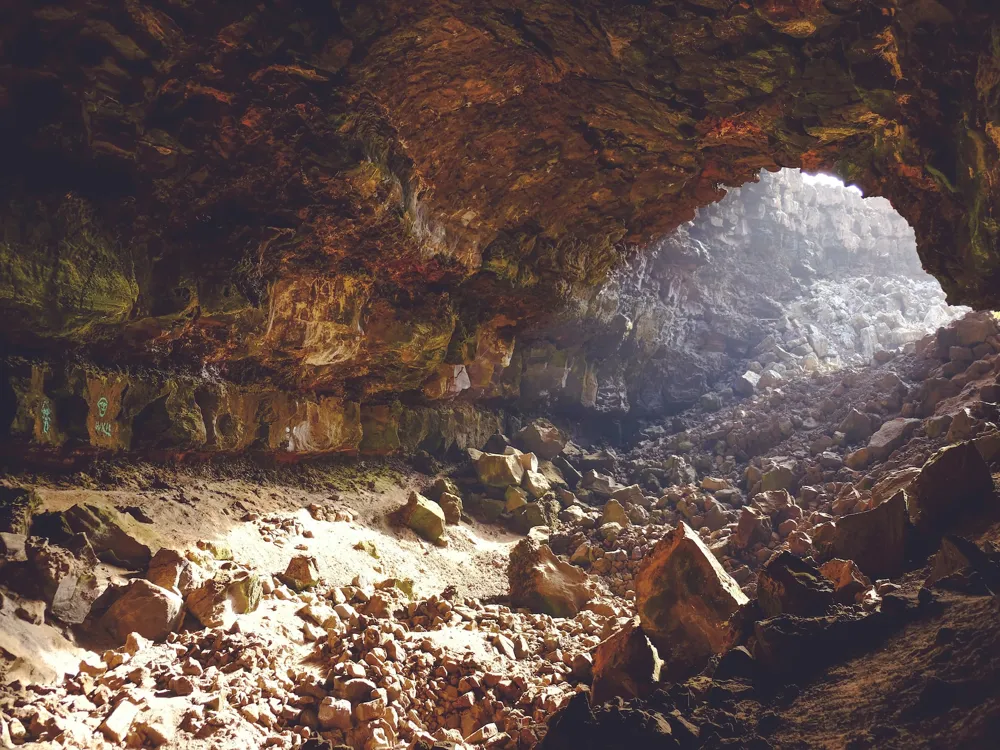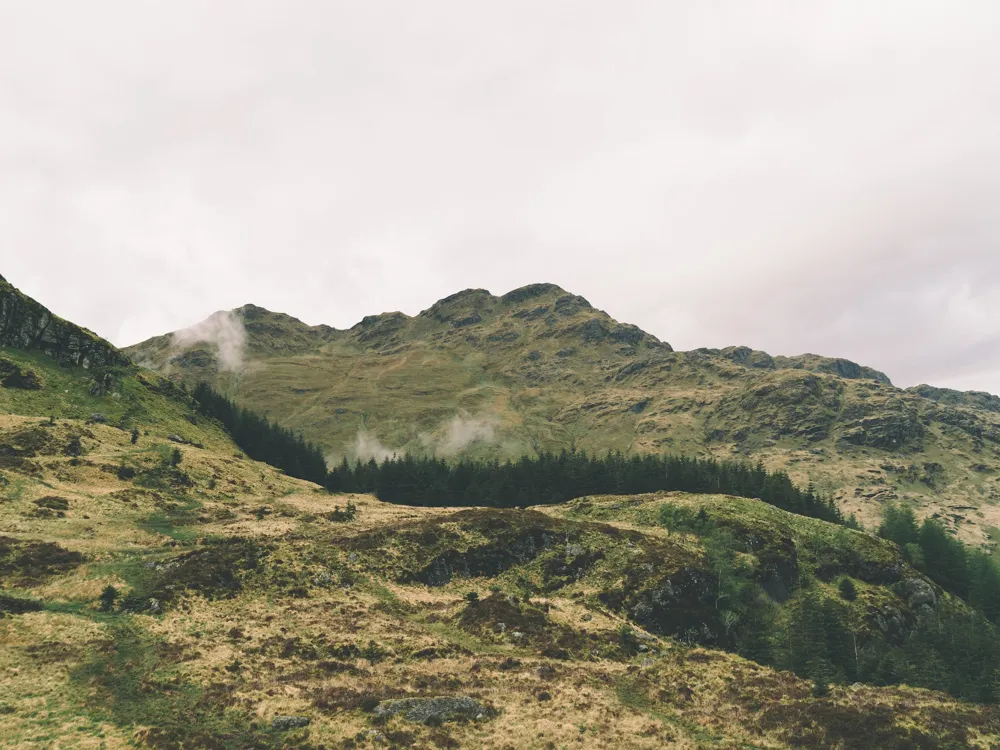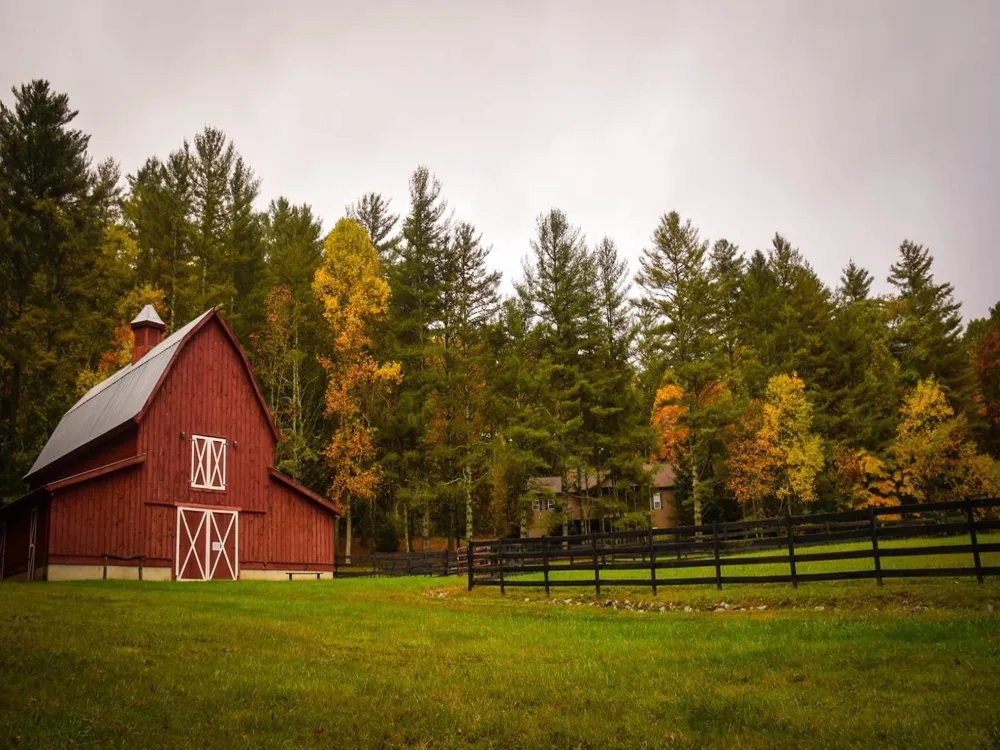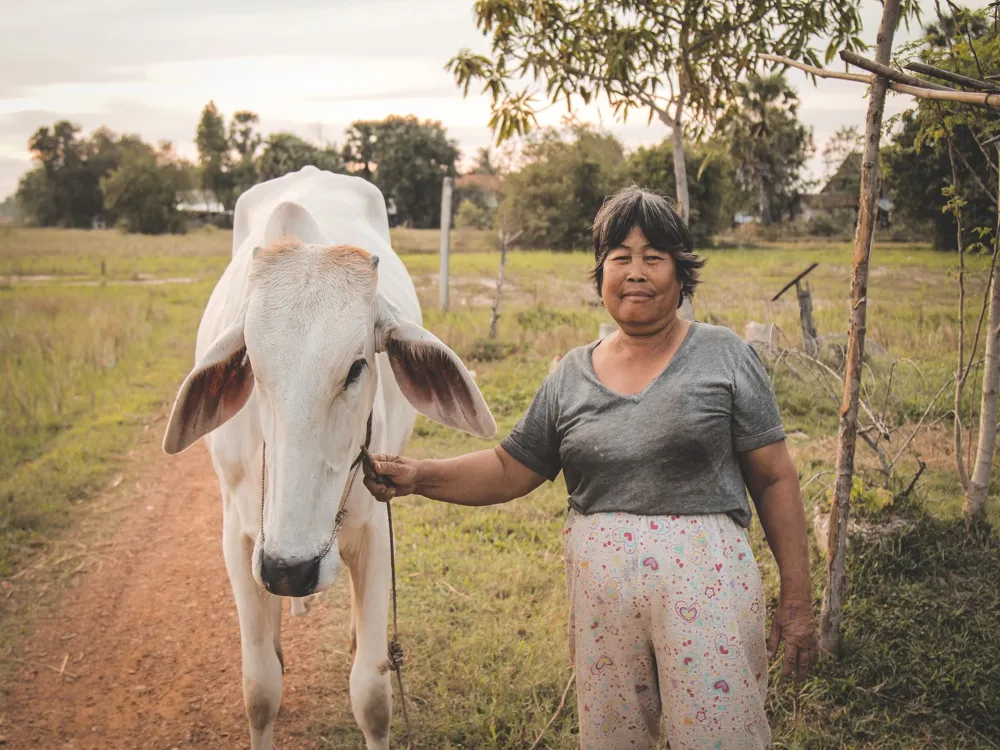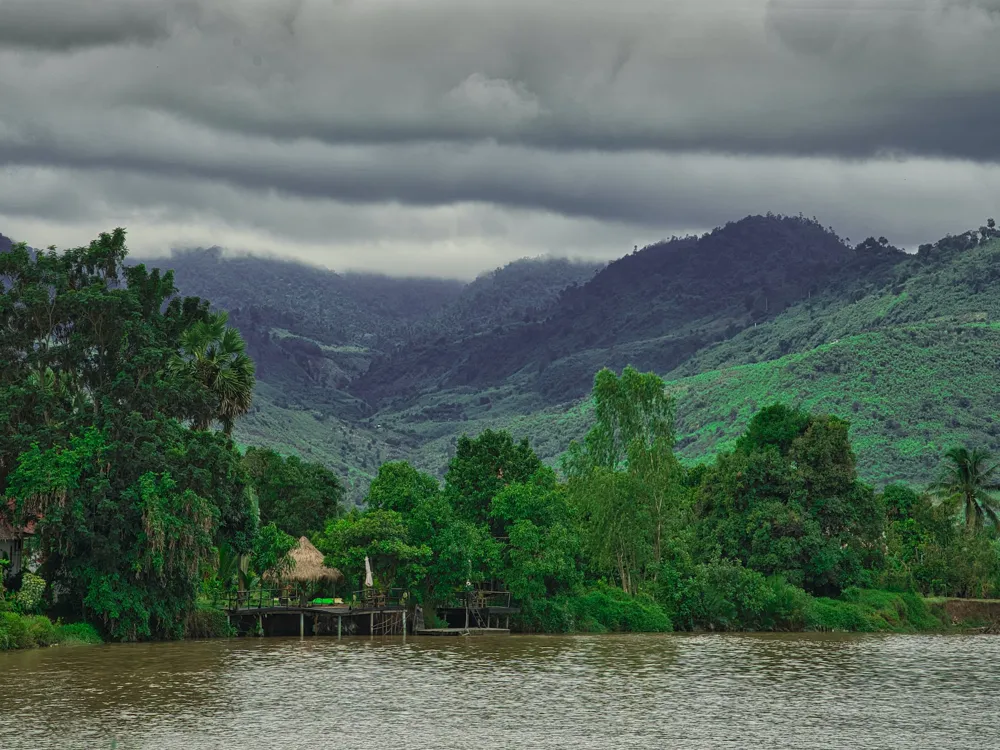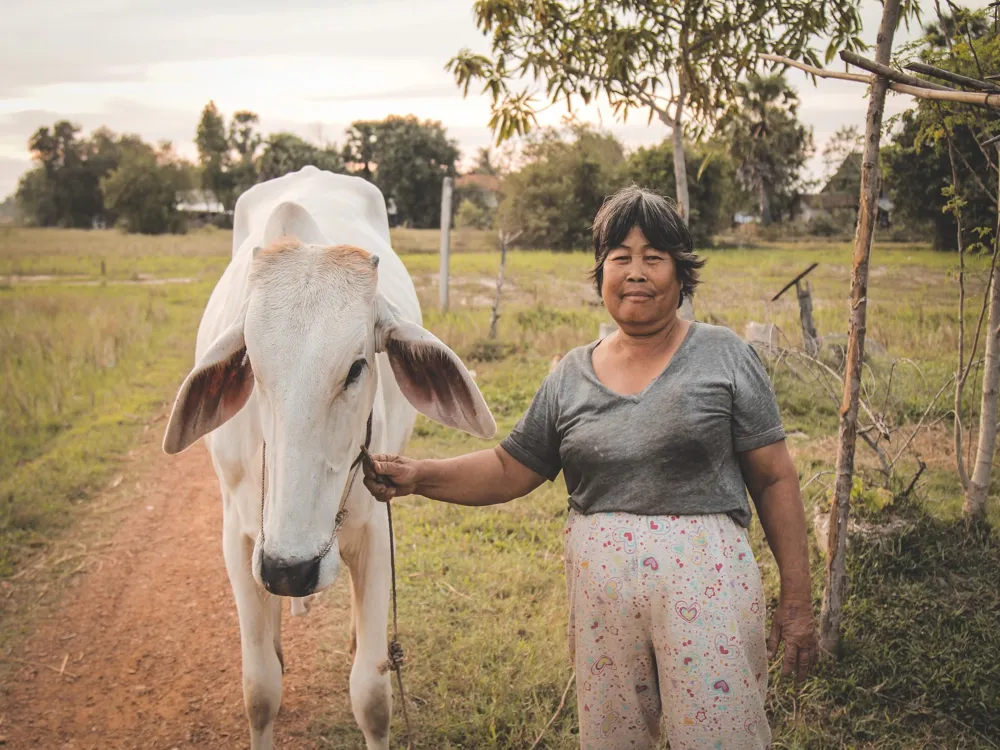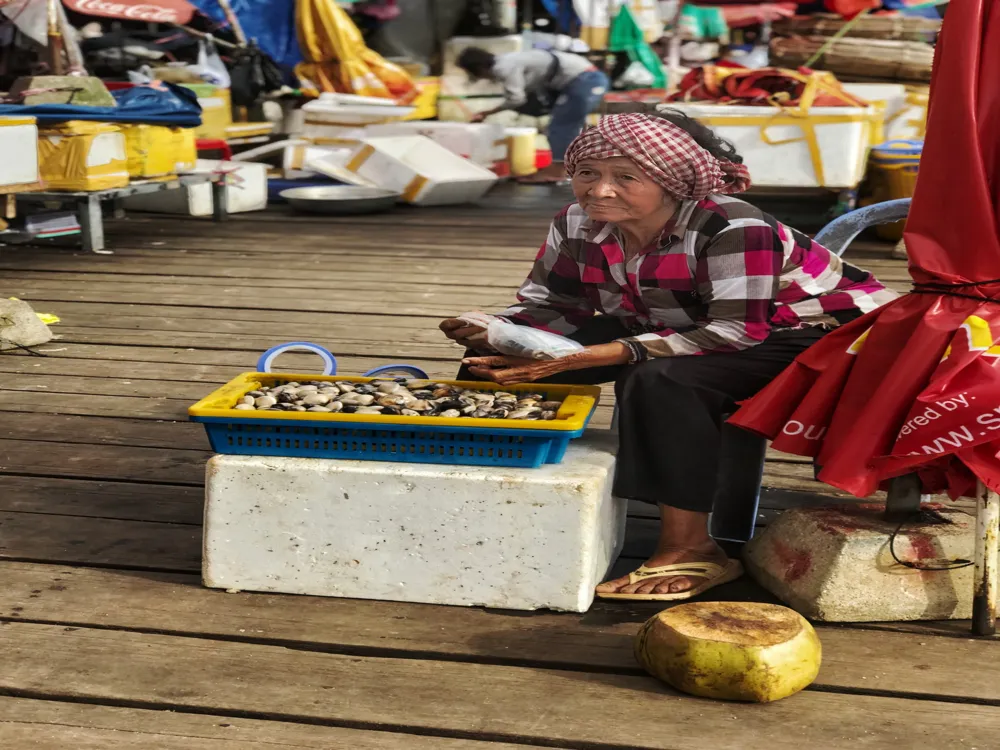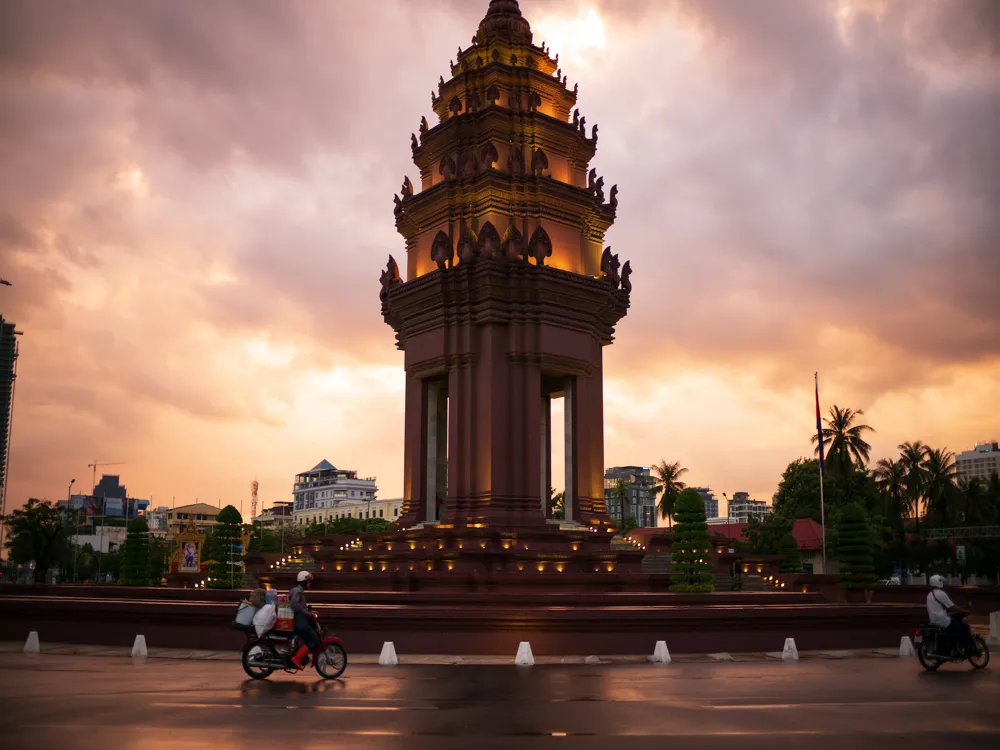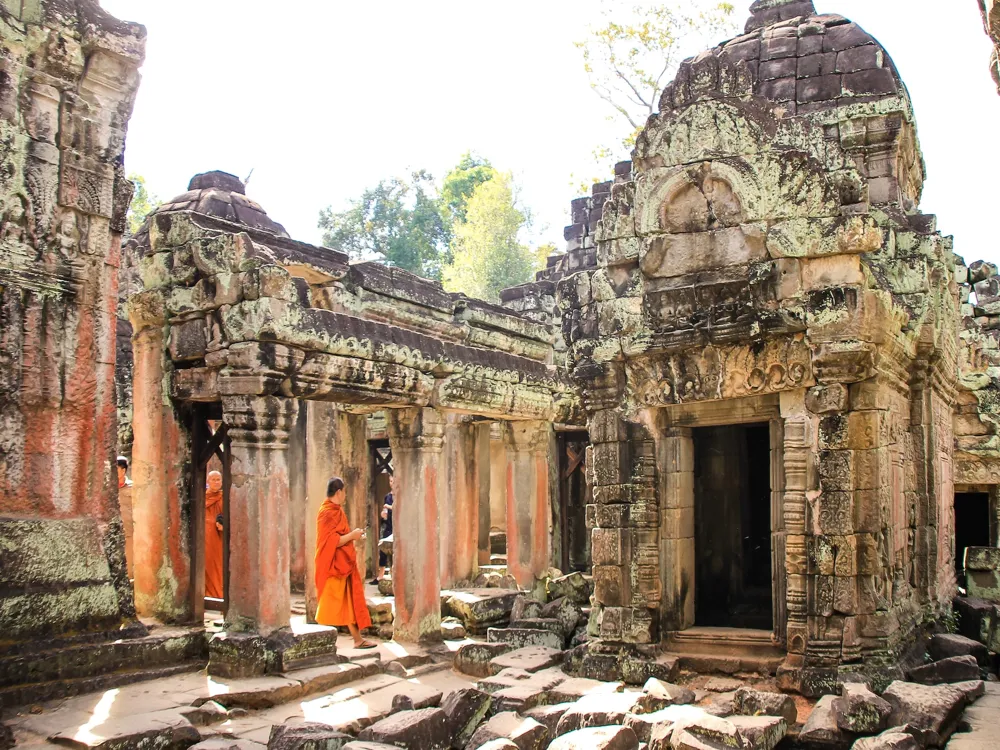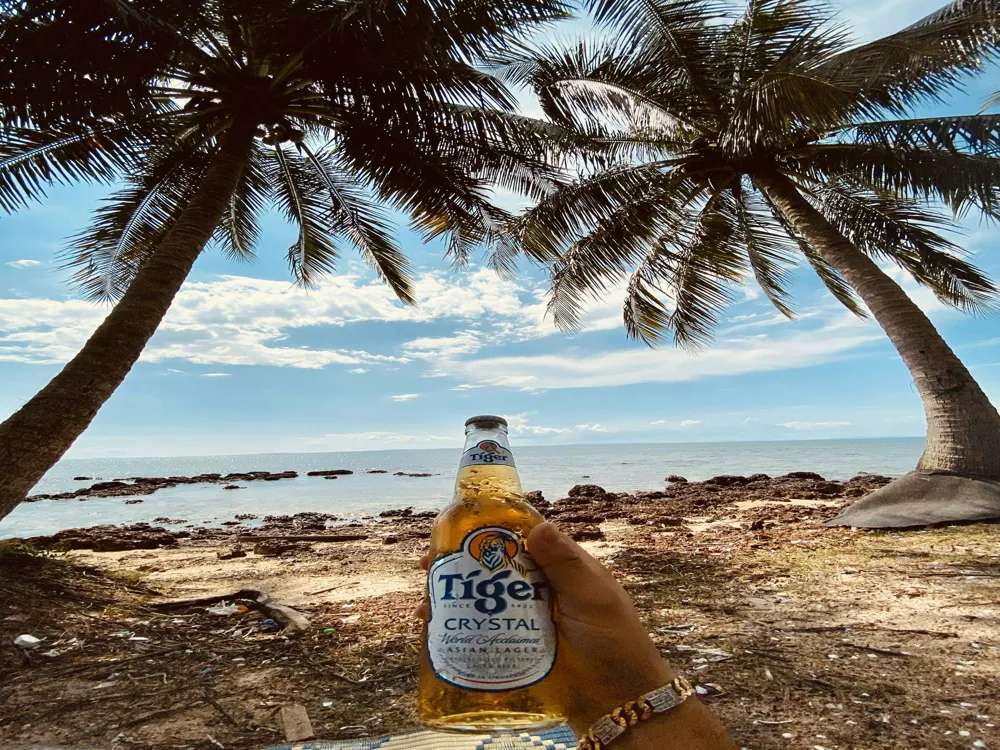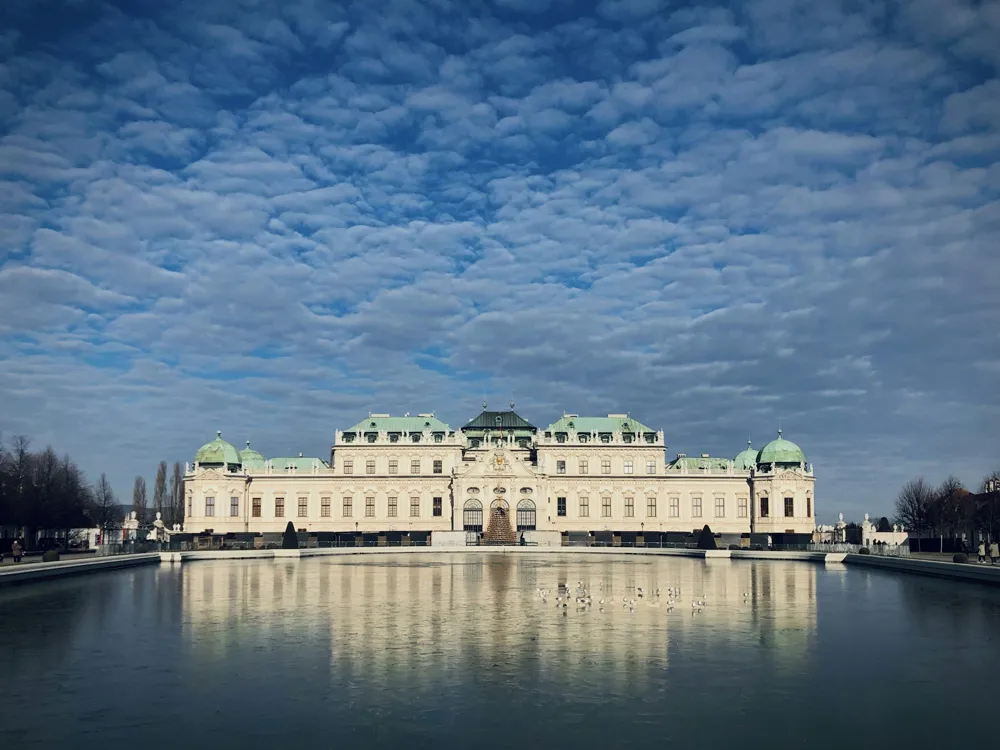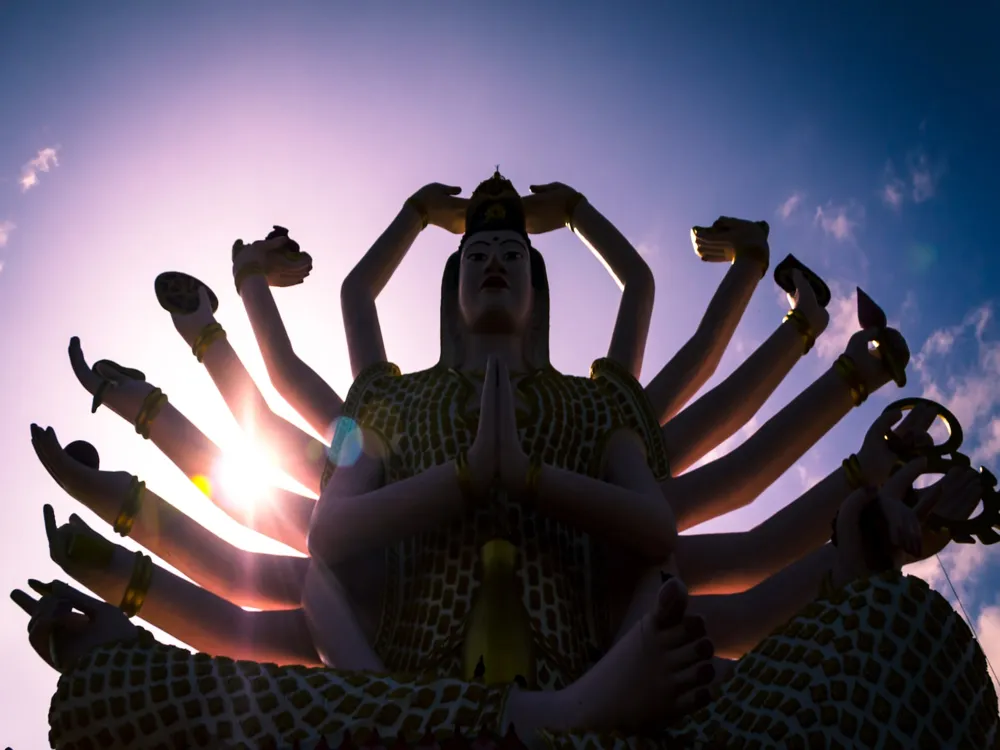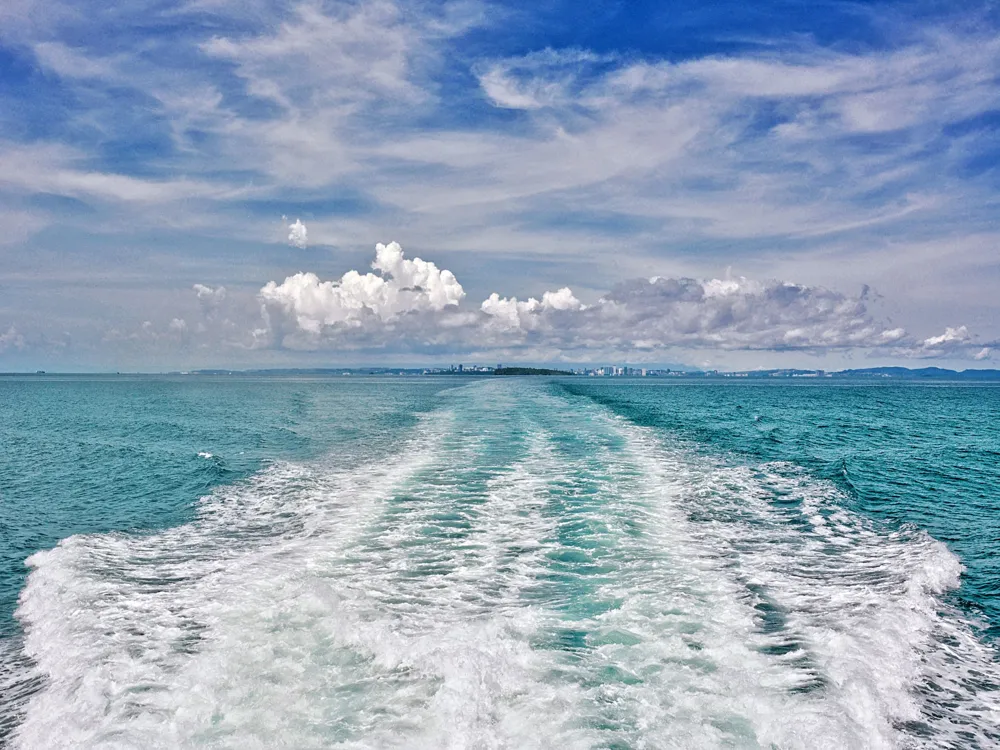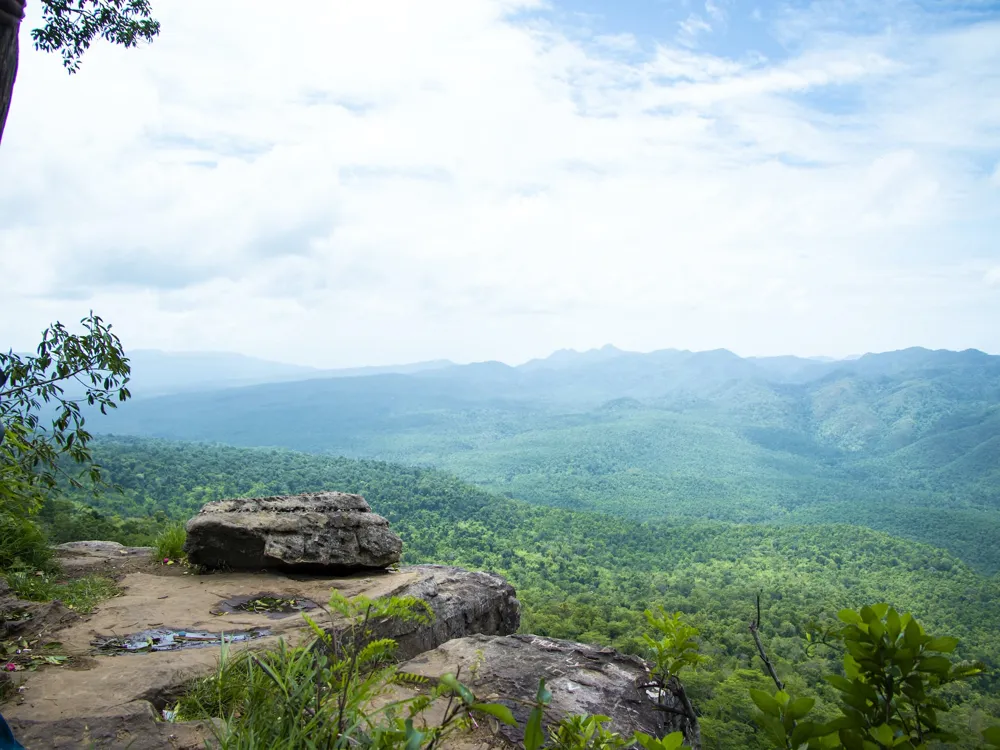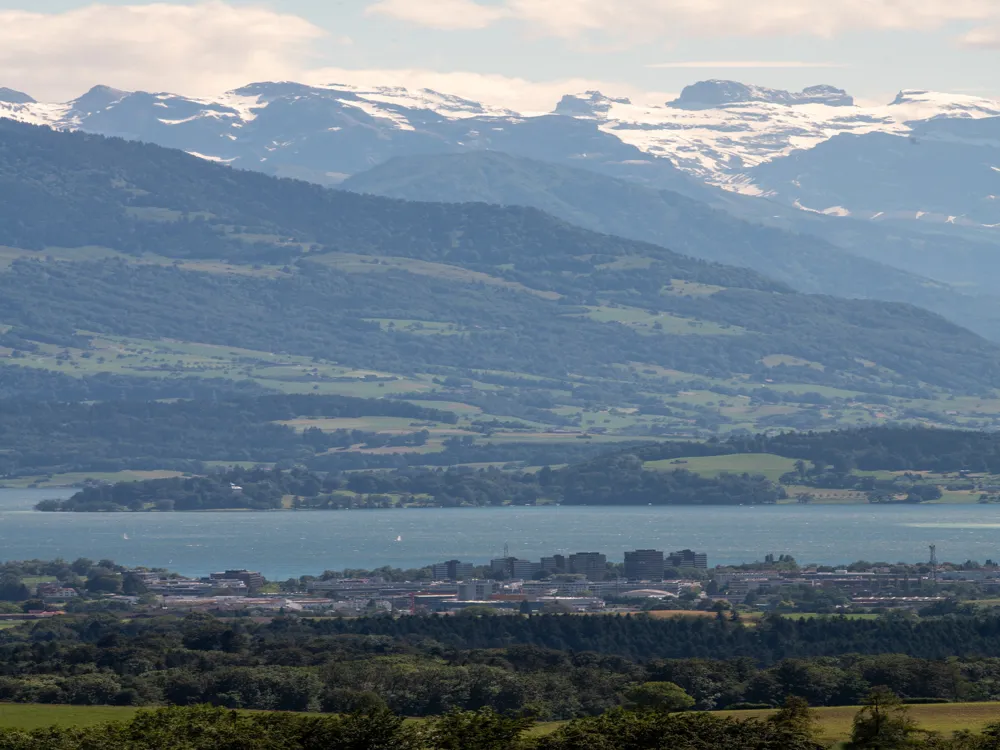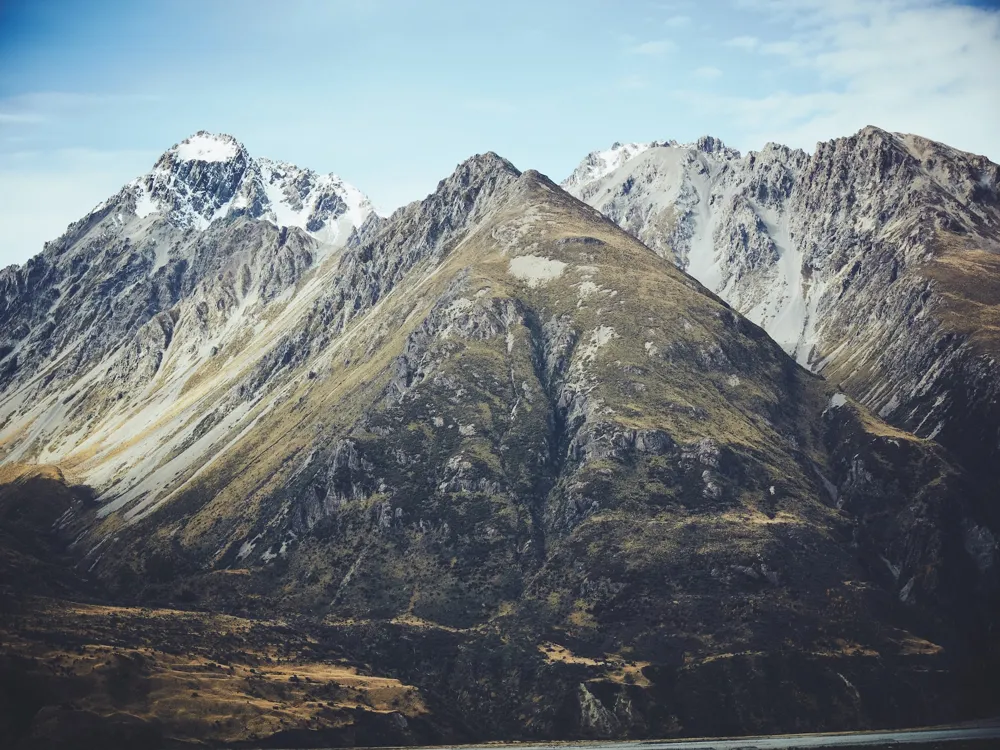The Kampot River, a picturesque waterway in Cambodia, is a serene yet vibrant part of the Kampot Province. This river is not just a natural wonder but also an integral part of the region's culture and daily life. It stretches through lush landscapes, flanked by the Elephant Mountains and peppered with traditional fishing villages. Its banks are a blend of natural beauty and historical significance, offering a unique perspective of Cambodian rural life. Tourists and locals alike find solace and excitement in its waters, engaging in various activities from leisurely boat rides to thrilling water sports. Historically, the Kampot River has played a vital role in shaping the region's economy and culture. It has been a trade route for centuries, witnessing the passage of time and changes in the socio-economic fabric of the province. The river's influence extends beyond its waters; it's a source of irrigation for the nearby rice fields and plantations, sustaining the agricultural backbone of Kampot. The river's importance is reflected in the daily life of the residents, where traditional fishing methods coexist with modern-day leisure activities. The Kampot River is also home to diverse ecosystems, making it a haven for nature enthusiasts. Its waters and surrounding areas are a habitat for various species of fish, birds, and plant life, some of which are unique to this region. The ecological significance of the river is immense, contributing to biodiversity conservation in Cambodia. Visiting the Kampot River offers an experience like no other. It's a place where the tranquility of nature meets the warmth of the local communities. Whether it's exploring the river by boat, engaging in water sports, or simply enjoying the scenic beauty, the Kampot River is a destination that promises unforgettable memories. The architecture along the Kampot River is a testament to Cambodia's rich history and cultural diversity. From ancient temples to French colonial buildings, the architectural landscape of this region is as varied as it is impressive. One of the most striking features is the seamless blend of traditional Khmer architecture with European influences, particularly French colonial styles, which is evident in many buildings along the riverbank. Traditional Khmer architecture is characterized by its intricate designs, symbolism, and connection to nature. This can be seen in the numerous temples and pagodas that dot the riverside, where the elegance of Khmer design is displayed in the elaborate carvings and stonework. These structures are not just architectural marvels; they are also places of deep spiritual significance, reflecting the Buddhist heritage of the region. The French colonial influence is another prominent aspect of the architecture along the Kampot River. During the French colonial period, several buildings were constructed in the classic French style, characterized by elegant balconies, shuttered windows, and pastel-colored facades. These buildings often combine European designs with local materials and techniques, creating a unique architectural style that is distinctly Cambodian. Modern architecture along the Kampot River is also emerging, with contemporary designs that focus on sustainability and environmental harmony. These new structures often incorporate traditional elements, blending the old with the new in a way that respects the region's architectural heritage while embracing modernity. The architecture of the Kampot River is more than just a collection of buildings; it is a reflection of the region's history, culture, and the ever-evolving identity of its people. It tells a story of resilience, adaptation, and the harmonious coexistence of different cultural influences. Consider the best time to visit, keeping in mind the weather and local events. The dry season, from November to April, is ideal for outdoor activities. Also, research local festivals for a more immersive experience. Kampot offers a range of accommodations, from luxury resorts to budget hostels. Staying close to the river can enhance your experience, offering easy access to river activities and breathtaking views. Embrace the local culture by participating in traditional fishing, exploring the river by boat, or trying water sports. Engaging with local communities can provide a more authentic experience. The Kampot River is an ecological treasure. Be mindful of your environmental impact by avoiding pollution and respecting wildlife habitats. Always prioritize safety, especially when engaging in water sports or boat rides. Use life jackets and adhere to local safety guidelines. Kampot River is accessible from various locations in Cambodia. The most common route is from Phnom Penh, the capital city. You can reach Kampot by bus, taxi, or private car, with the journey taking approximately 2 to 3 hours. Once in Kampot, the river is easily accessible from the town center. For international visitors, the nearest airport is in Phnom Penh, from where you can continue your journey to Kampot by land. Read More: Overview of Kampot River
Architecture of Kampot River
Tips When Visiting Kampot River
Plan Your Visit
Accommodation Choices
Engage in Local Activities
Respect the Environment
Safety First
How To Reach Kampot River
Kampot River
Kampot
NaN onwards
View kampot Packages
Weather :
Tags : Beach
Time Required : 4 to 5 hours
Planning a Trip? Ask Your Question
Kampot Travel Packages
View All Packages For Kampot
Top Hotel Collections for Kampot

Private Pool

Luxury Hotels

5-Star Hotels

Pet Friendly
Top Hotels Near Kampot
Other Top Ranking Places In Kampot
View All Places To Visit In kampot
View kampot Packages
Weather :
Tags : Beach
Time Required : 4 to 5 hours
Planning a Trip? Ask Your Question
Kampot Travel Packages
View All Packages For Kampot
Top Hotel Collections for Kampot

Private Pool

Luxury Hotels

5-Star Hotels

Pet Friendly







